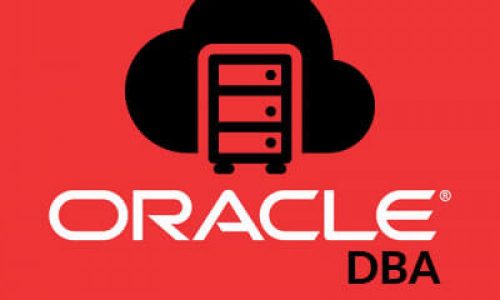DevOps is a set of practices, tools, and a cultural philosophy that automate and integrate the processes between software development and IT teams. It emphasizes team empowerment, cross-team communication and collaboration, and technology automation.
The DevOps movement began around 2007 when the software development and IT operations communities raised concerns about the traditional software development model, where developers who wrote code worked apart from operations who deployed and supported the code. The term DevOps, a combination of the words development and operations, reflects the process of integrating these disciplines into one, continuous process.
How does DevOps work?
A DevOps team includes developers and IT operations working collaboratively throughout the product lifecycle, in order to increase the speed and quality of software deployment. It’s a new way of working, a cultural shift, that has significant implications for teams and the organizations they work for.
Under a DevOps model, development and operations teams are no longer “siloed.” Sometimes, these two teams merge into a single team where the engineers work across the entire application lifecycle — from development and test to deployment and operations — and have a range of multidisciplinary skills.
DevOps teams use tools to automate and accelerate processes, which helps to increase reliability. A DevOps toolchain helps teams tackle important DevOps fundamentals including continuous integration, continuous delivery, automation, and collaboration.
DevOps values are sometimes applied to teams other than development. When security teams adopt a DevOps approach, security is an active and integrated part of the development process. This is called DevSecOps.
Course Features
- Lectures 0
- Quizzes 0
- Duration 12 weeks
- Skill level All levels
- Language English
- Students 1
- Assessments Yes






